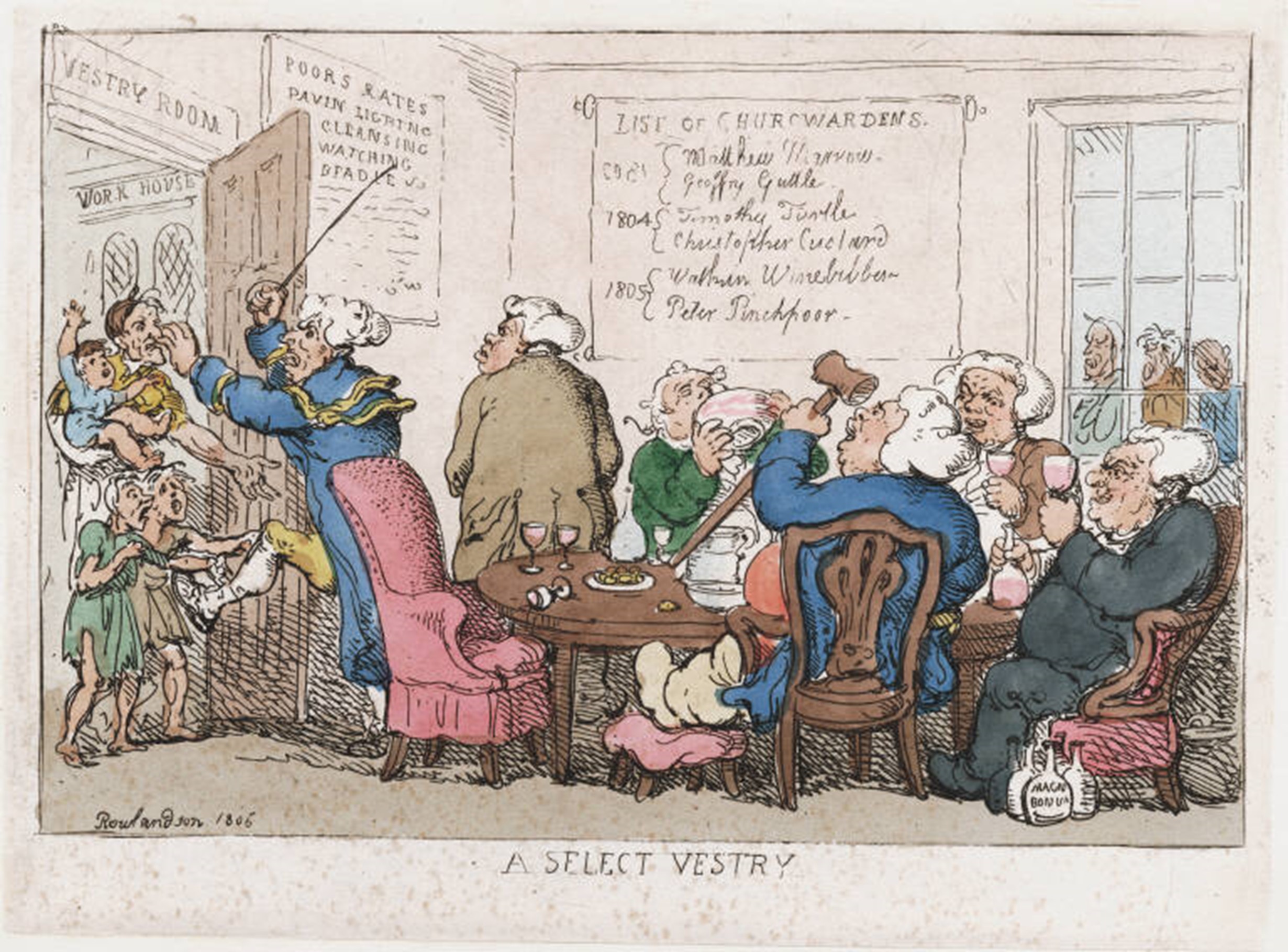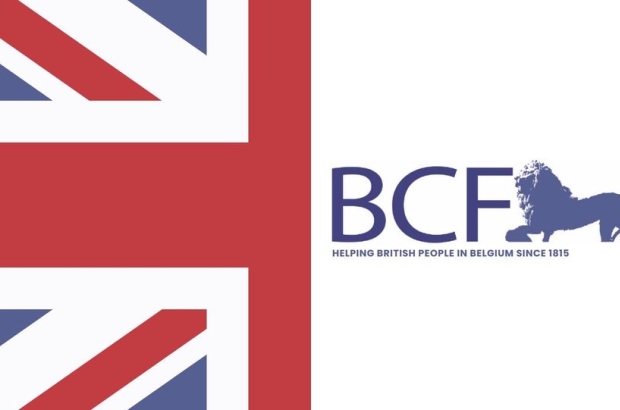- Daily & Weekly newsletters
- Buy & download The Bulletin
- Comment on our articles
British Charitable Fund: Founded to aid Waterloo battle survivors, the nonprofit still helps the needy
The British Charitable Fund (BCF) is one of the oldest expat associations in Belgium, yet also one of the least known. It’s under-the-radar profile is due to the discretion that the volunteer-run organisation exercises when helping people in need.
Set up over 200 years ago to rescue stricken British soldiers following the Battle of Waterloo, the BCF’s charter remains as valid today.
“Humanity doesn’t change,” says the organisation’s committee as it appeals to the international community for donations and volunteers.
Entirely reliant on fundraising, the BCF is also dependent on its small army of volunteers to run its operation. The assistance it provides ranges from advice and support to material and financial assistance.
While serving the British community in Belgium, beneficiaries can also be dependents of British citizens, including widows and widowers.
The general rule is that BCF steps in when people have already exhausted other means of support, such as from families and the state. It is able to help people in challenging circumstances thanks to its extensive network of contacts throughout Belgium.
Among the BCF’s many success stories are a victim of domestic abuse who risked deportation, a depressed person who was no longer able to manage his affairs and a Belgian widow of a former British army soldier who was having administrative difficulties with his war pension.

Founded in aftermath of Battle of Waterloo
BCF’s history has its origins in the decisive conflict on Belgian soil that marked the end of the Napoleonic wars and empire. The 1815 Battle of Waterloo resulted in appalling losses that the world would not witness again until the outbreak of World War One.
Leading the British army to victory with the help of Prussian allies was the Duke of Wellington. Despite being a seasoned soldier, he was heartbroken as he surveyed the aftermath of the fighting at Waterloo; corpses of men and horses strewn across battlefields, being picked clean by desperate locals.
It was this vision that provoked the duke to ask Charles Lennox, the 4th Duke of Richmond, to oversee the formation of a society that would take care of the soldiers he had to leave behind when he returned to England.
A formal resolution was implemented in 1817: “that the British Charitable Fund is to be appropriated only to the Distressed and Deserving subjects of the United Kingdom by affording them temporary Assistance, dispensing Medicines, or enabling them to return to the Native Country.”
While the BCF came to the aid of many surviving soldiers, from the beginning, it was dependent on private funds. In the early days, illustrious wealthy members of the committee sometimes had to dig into their own pockets and occasionally ask for understanding from the fund’s bankers. Until 1908, it received regular contributions from the royal family – BCF archives list royal residence Osborne House as donors – and to this day, it’s supported by the current 9th Duke of Wellington.

How BCF supports people in need today
Contrary to the image shown in Thomas Rowlandson’s print A Select Vestry, 1806 (pictured above), the BCF turns no-one away. Help not only takes the form of financial aid, it can be social support by means of simple visits for a chat and a cup of tea.
Says the BCF committee: “If you imagine any scenario where old age, poor health or just life circumstances mean that you are no longer able to have a relatively comfortable, autonomous life, then the BCF can help, or at least try to.”
The BCF Committee meets every three months and keeps detailed, confidential records of its work. “Time goes by and everything changes and yet nothing changes,” says the committee about the continuing need for support.
“We recently purchased a vacuum cleaner for a lady with back problems because her old one was too heavy for her. An elderly couple fighting ill health had resorted to buying food using a credit card and couldn’t pay the balance. The BCF paid the bill in full,” it adds.
Due to the rise in energy costs, the fund has raised the monthly stipend it provides to some beneficiaries to help alleviate the financial pressure in their lives.
It’s not only about providing financial support. “Our volunteers pop round to visit people who, if it wasn’t for the BCF, would not see a soul from one week’s end to the next.”
Concludes the committee: “Whatever the reasons, society will always have its vulnerable and it is up to us to look after them. We live in times where the welfare state exists, but there are always some people who fall through the net and those are the people who really do need good, old-fashioned, warm-hearted care.”
More information on donating here.
More information on volunteering here.


















